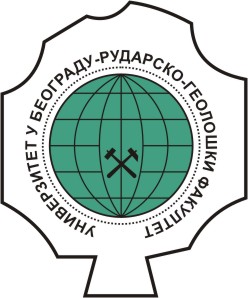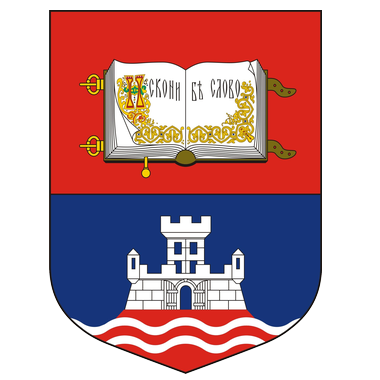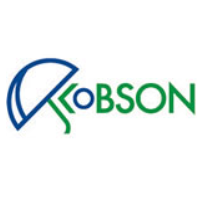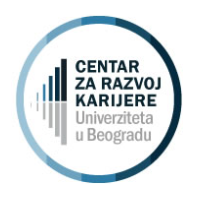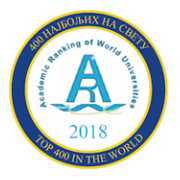Study program:
Geology (III semester -PhD) |
|
Name of subject: Stone Conservation |
Instructors:
Prof. Vesna Matović |
|
Status: Optional |
|
ECTS: 10 |
|
Prerequisites: does not have |
Course Objectives:
Acquiring knowledge of the stone durability, mechanisms and factors of stone decay. Introduction to methods of mapping of decay forms and their correlation with petrographic characteristics of stone in the order to choise of adequate methods of cleaning, consolidation, restoration and protection of old and modern stone objects. |
Learning Outcomes:
Developing professional ability to observe the decay forms of stone, sample analysis, application of modern methods of cleaning, consolidation and protection of the built stone. Acquired knowledge enables to engage in scientific work in the field of conservation and restauration of stone objects and the necessary expertise for participation in multidisciplinary conservation projects. |
Content:
Theory teaching
Petro-physical and chemical properties of stones and their impact on stone durability; porous systems and transport of fluids through the stone; factors of stone decay: gases; air poluttion, UV radiation, acid rain, moisture, salts; sources of pollutants and their impact on processes, forms and intensity of stone degradation; soluble salts: origin, types, crystallization pressures; classification and morphology of forms of stone damage and methodology of mapping stone facades; principles of restoration and conservation of stone; stone cleaning and restoration techniques; consolidates and modern means for hydrophobic protection of stone surfaces. Practical teaching
Exercises are followed by teaching units, introduction to ageing testing of stone and simulation of degradation in laboratory conditions; mapping of stone facades, categorization and diagnostics of stone damage; examples of facade of carbonate rocks with special emphasis on the durability of carbonate rocks in urban and rural areas; methods of graphical notice of mapping results; methods of determining the damage index for a semi-quantitative assessment of further degradation of the stone facade. |
Suggested Reading List:
- Amoroso, G., Giovanni & Fassina V., 1983. Stone decay and conservation, Elsevier Science Publishing Co.New York, 453p.
- Price C.A. 1996. Stone Conservation An Overview of Current Research. Getty Conservation Institute.
- S.Siegfried & R.Snethlage, 2011: Stone in architecture (4th edition). Springer, 545p.
- S. Siegesmund, T.Weiss and A.Vollbrecht, 2002: Natural stone, Weathering Phenomena, Conservation Strategies and Case Studies. Geological Society Special Publication No205, 456.
- M.B.Dan, R.Prikryl and A.Torok, 2010: Materials, Technologies and Practice in Historic Heritage Structures, Springer,371p
|
Conduct of the Course:
Classical lectures followed by audio-visual methods (ppt-presentations), mapping of stone objects, seminars-presentations and interactive discussion. |
Fund hours:
| Lectures |
Exercises |
Other forms of teaching |
Study research |
| 4 |
0 |
0 |
0 |
|
Assessment:
| Final Exam |
ECTS |
| Oral Exam | 50 |
| Classwork Assessment |
ECTS |
| Class Participationа | 5 | | Practical Classes | 5 | | Seminars | 40 |
|
|
Additional Assessment Criteria: - |
|
|
